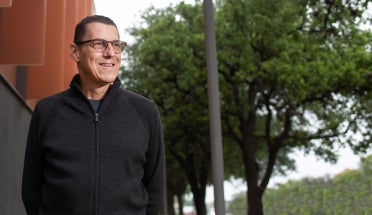
Several Cities Open For Unrestricted Travel After Changes to Safety Policy
- Dec 3, 2019
- Education Abroad
UT students and employees traveling to international cities such as Mexico City, Bangkok and Tel Aviv will no longer need to go through extensive restricted regions protocol, thanks to an update in the travel safety policy that went into effect October 2019.
The International Oversight Committee, the university’s international risk assessment team, has changed the restricted regions list to include only high risk and extreme risk regions, meaning certain popular education abroad destinations like Moscow, Russia are not restricted, even if they reside in countries that contain high or extreme risk cities in other areas.
A restricted region is an area considered to have heightened risk associated with travel and requires applicants to complete substantial research and get approval from the committee.
"The health and safety of university employees and students traveling abroad is the highest priority, which is why following the guidance to obtain approval and register international travel is so important,” said Randy Penson, director of Global Risk and Safety. “The restricted regions list is not an absolute list of countries one cannot travel to, but of countries that warrant additional review and scrutiny of travel plans by the International Oversight Committee.”
The changes make travel easier for students and faculty who no longer need to be granted permission to travel to certain cities abroad. Several cities in Mexico, India, Russia and other regions now follow the standard travel registration that all Longhorns must complete before they go abroad. Some of these cities include:
- Bangkok
- Tel Aviv
- Antigua
- Panama City
- Mexico City
- Puebla
- Oaxaca
- St. Petersburg
- Moscow
Read the complete list of restricted regions and learn more about travel safety on the Texas Global website.



